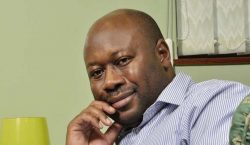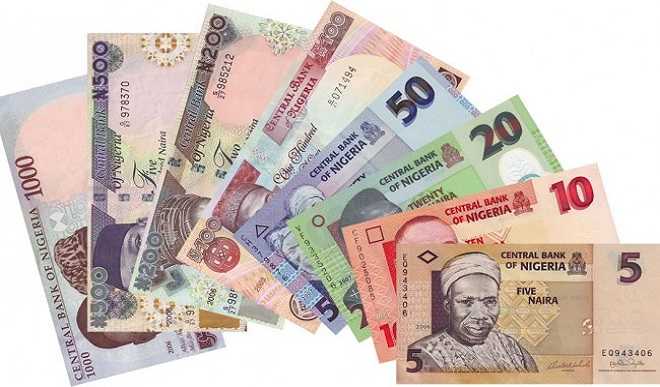



20 percent of money in circulation fake – Mailafia
TWENTY percent of Nigerian currency in circulation is fake, a former deputy governor of the Central Bank of Nigeria (CBN), Obadiah Mailafia has said.
Mailafia who was speaking while presenting a paper at the opening of a 3-day budget public hearing at the National Assembly yesterday said such fake currency has serious implications on the country’s economy.
The former CBN deputy governor whose paper was titled ‘Public Finance in the Context of Economic Recession: Innovative Options,’ said the authorities concerned seemed to be nonchalant about fake currency.
“When fake currencies of that magnitude circulate, original currencies become scarce. Bad money chases away good money,” he said, adding that fake money would cause great injury to the country’s economy in future if no concrete action was taken.
He said the ongoing economic recession in the country was as a result of a number of factors, including drastic fall in global oil prices, dwindling foreign reserves, poor banking practices, stock market crisis, speculations among others.
He said at the rate things are going in the country, the government should not contemplate any increase on interest rate because “it would further compound the hardship Nigerians are facing.”
Mailafia recalled that in 1929 when the United States of America witnessed its worst depression, instead of finding a solution, the then US government took measures that ended up worsening the situation. He cautioned Nigerian government not to tow the same path.
One of such measures which he advised the government against was increasing tax. Rather, he said, the government should strive to ensure prompt payment of taxes by every tax payer, saying anything short of that would drive away investors.
Meanwhile, the National Assembly observed that there is lopsidedness in the 2017 budget proposal currently before it.
In his opening remark at the hearing, chairman of the Senate Committee on Appropriation, Senator Danjuma Goje said all areas of lopsidedness would be addressed.
He did not however state the areas of lopsidedness.
Declaring the hearing open, Senate President Bukola Saraki said by engaging critical stakeholders and members of the general public to make input into the 2017 budget, the National Assembly hoped to increase the efficiency of government and its responsiveness to citizens needs as well as improve overall transparency and accountability in governance.
For his part, Speaker Yakubu Dogara said the public hearing was in fulfilment of the 8th National Assembly’s commitment to reforming the budget process, given the experiences with the processing and implementation of the 2016 budget.
Similarly, the Citizen Wealth Platform (CWP), a coalition of civil society organizations, said during the hearing that there are frivolous and wasteful allocations of over N151 billion in the budget.
It said the legislature must do away with such allocations with a view to making the national budget workable and people-oriented.
As part of measures to curb excesses in governance, the coalition called on the National Assembly to trim its budget from the proposed N115 billion to N110 billion. dailytrust.com.